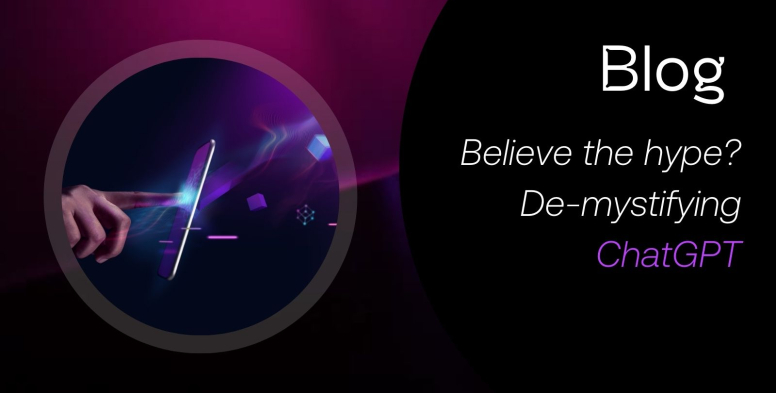
You’ve probably heard or read a lot recently about ChatGPT for Insurance, the Artificial Intelligence (generative AI) chatbot which can have human-like conversations and generate answers to much more than the kind of chatbots we have become used to interacting with.
It can write essays, poems, music and much, much more. It mines the internet for content and provides answers to the questions asked. It is revolutionary…and controversial.
ChatGPT (Generative Pre-trained Transformer in case you were wondering) is not the only show in town. There are a myriad of other AI tools available, which can perform tasks such as creating art, videos, text speech, social media content, voice-to-text generation or sales engagement. These tools aren’t just a new way for students to dodge essay writing, they have real-world business applications which have already made significant changes to that world.
Training day
The functionality of this type of generative AI tool is not new. Businesses have built models around providing the kind of insights ChatGPT can provide, but thanks to developer, OpenAI, that technology is now in our hands, for free.
What marks ChatGPT out from most generative AI tools that have come before it is, it’s remarkably good. It still requires a certain level of training, but unlike previous iterations, the bulk of the work has been done for us using huge amounts of data from books, articles and websites. This means that rather than needing to be led to the right answers through learning and precise questioning and other inputs, much of this ‘learning’ has already been done. It should already know the answer to your question, before you ask it.
Approach with caution
The version released in November 2022 was by far the most sophisticated yet, which is largely why it garnered so much publicity. For many it foreshadowed the shape of AI to come and was viewed with amazement and no small measure of suspicion.
Rightly so. Because it learns from published content on the internet, not all that information will be correct, factually or politically. For this reason, many urge caution when dealing with ChatGPT, or its close relatives, Bard or Bing Chat for example. In its current format it cannot be relied on to generate any text with 100% accuracy… but it’s getting there.
The latest iteration ChatGPT 4 was launched at the end of April 2023 and already promises a leap forward, it’s more polished, more accurate, can deal with image inputs, and will offer even greater business opportunities.
The question of intellectual property and GDPR has also been a common concern. Who owns the outputs, for example, lines of sophisticated code only generated because of the data input by someone else. And if personal data, policy or claims data for instance, is input, is that data being handled according to strict rules on data protection?
These are all kinks that need to be worked through by any business considering using the technology to improve its processes.
ChatGPT for the insurance industry
For the insurance industry, opportunities to harness technology like ChatGPT may be limited but are expanding. Underwriting decision-making for commercial and specialty insurers is still the domain of the skilled human, but there are plenty of value-add tasks it can do now: checking legal insurance documents, terms and conditions, validating complex paperwork, adding context to data and this list will grow.
From a Send perspective, we’ve been using generative AI for several years. ChatGPT is an example of just one of the recent AI tools we are using (we are part of ChatGPT’s beta program and use the latest model API to enable data to be extracted from email text). For the wider insurance market, like all new technologies that have gone before, understanding and take up will no doubt differ because of the nature of the market and the prevailing need for human interaction. But its impact cannot be underestimated, it cannot be ignored. Whilst ChatGPT isn’t perfect, neither are humans, both will err, but those who ignore it will struggle for divine forgiveness.
Author: Matt McGrillis. You can connect with Matt on LinkedIn or email: matt.mcgrillis@send.technology.